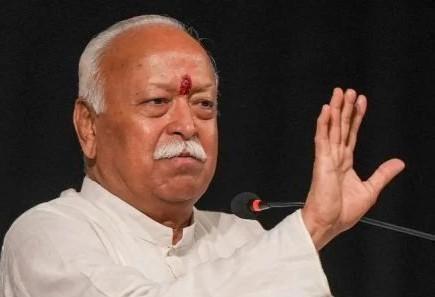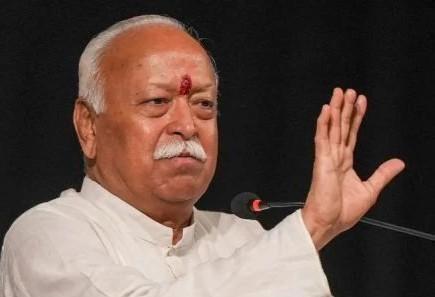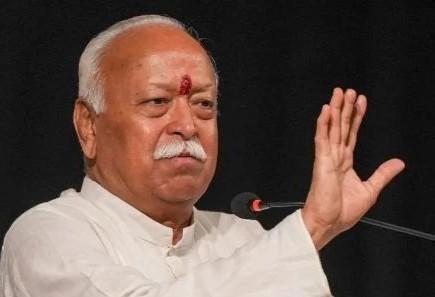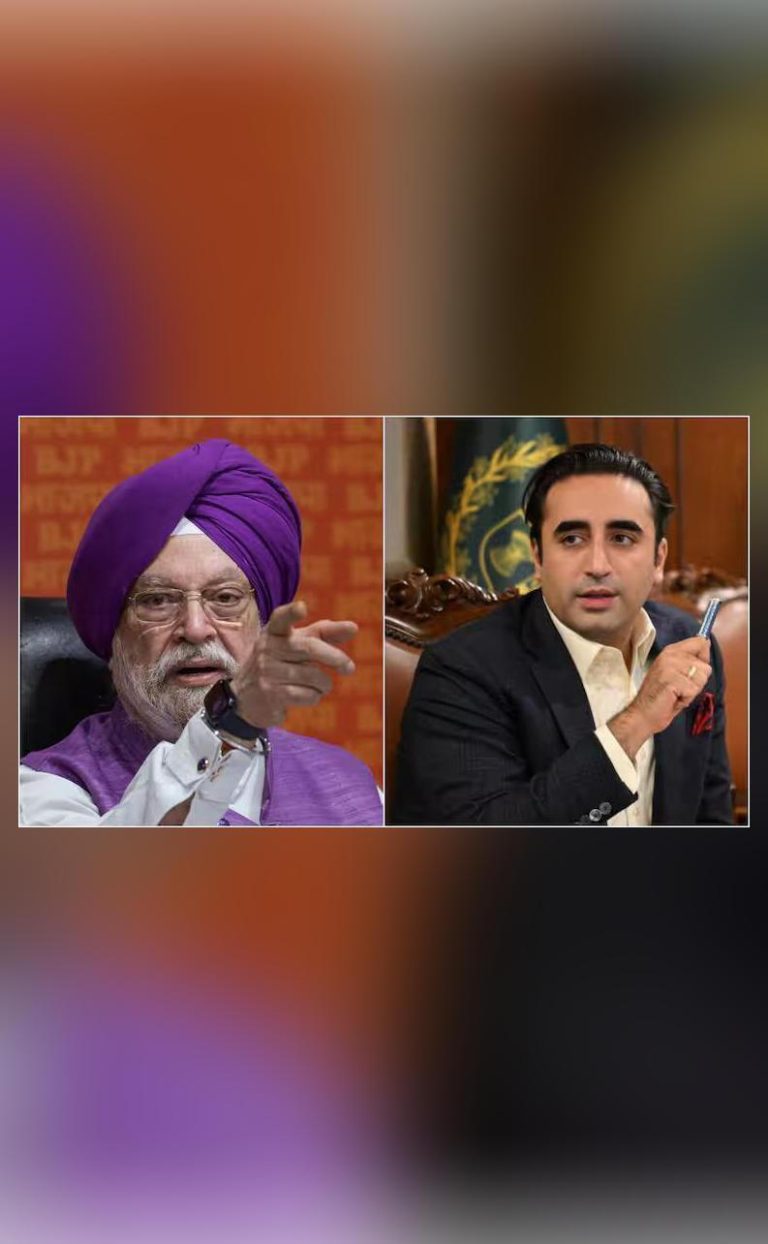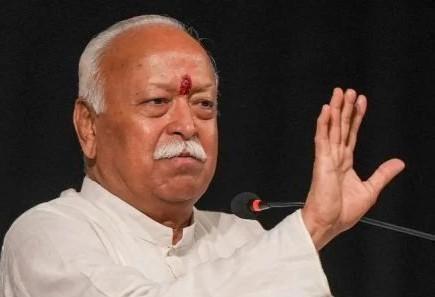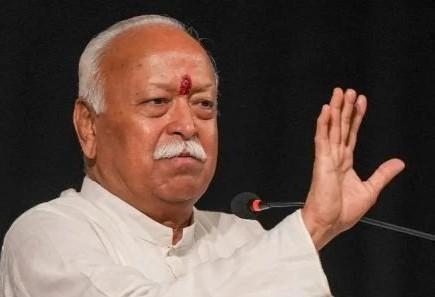
If someone turns to evil then we’ll teach lesson: Bhagwat on J&K attack
The recent terror attack in Pahalgam, Jammu and Kashmir has sent shockwaves across the country, leaving many injured and several others dead. In the aftermath of this heinous act, the RSS chief, Mohan Bhagwat, has made some striking statements that have sparked a debate on the nation’s approach to combating terrorism.
In a recent interview, Bhagwat emphasized the importance of non-violence as India’s religion, but also stressed the need to teach a lesson to “oppressors and hooligans”. This dichotomy has raised several questions about the nation’s stance on dealing with terrorism and extremism.
According to Bhagwat, non-violence is the guiding principle of India’s existence. He believes that the country has always been a beacon of peace and tolerance, and that its people have always been committed to living in harmony with their neighbors. However, he also believes that if someone is bent on causing harm and destruction, then the country has a duty to protect its citizens.
“We never harm or disrespect our neighbors, but if someone is bent on being evil, what is the cure? The king’s duty is to protect the people, and he will do his duty,” Bhagwat said in the interview.
Bhagwat’s remarks have been seen as a reflection of the nation’s complex approach to dealing with terrorism. On one hand, India has always been a strong advocate of non-violence and peaceful coexistence. The country has a rich history of non-violent resistance and has been a pioneer in promoting interfaith harmony and tolerance.
However, on the other hand, India has also faced numerous instances of terrorism and violence, particularly in the Kashmir Valley. The recent terrorist attack in Pahalgam is just the latest in a long series of violent incidents that have rocked the region.
In the face of such violence, many Indians have called for a stronger response from the government. They argue that India’s approach to dealing with terrorism has been too soft and that it is time for the country to take a firmer stance against those who seek to harm its citizens.
Bhagwat’s remarks can be seen as a reflection of this sentiment. By emphasizing the need to teach a lesson to “oppressors and hooligans”, he is sending a clear message that India will not hesitate to take action against those who seek to harm its citizens.
However, critics argue that Bhagwat’s approach is too simplistic and that it ignores the complexities of the issue. They point out that terrorism is a global phenomenon and that India cannot tackle it alone. Instead, they argue that India needs to work with other nations and international organizations to combat terrorism and promote peace and stability.
Moreover, critics argue that Bhagwat’s approach is also too vengeful and that it ignores the fact that terrorism is often a symptom of deeper social and political issues. They point out that India needs to address the root causes of terrorism, such as poverty, unemployment, and social inequality, rather than simply punishing the perpetrators.
In conclusion, Bhagwat’s remarks on the Jammu and Kashmir attack are a reflection of the nation’s complex approach to dealing with terrorism. While India has always been a strong advocate of non-violence and peaceful coexistence, it is also clear that the country will not hesitate to take action against those who seek to harm its citizens.
As the nation grapples with the complex issue of terrorism, it is essential to adopt a nuanced approach that takes into account the complexities of the issue. This means addressing the root causes of terrorism, working with other nations and international organizations, and promoting peace and stability through diplomatic means.
Source: https://youtu.be/SpAKVWl5wII
